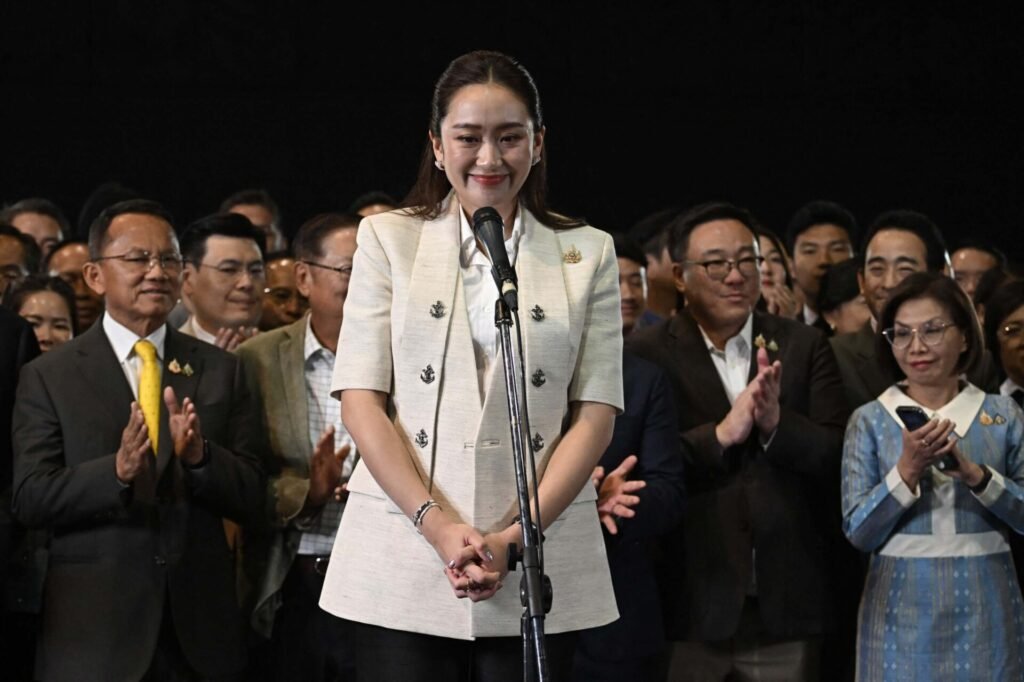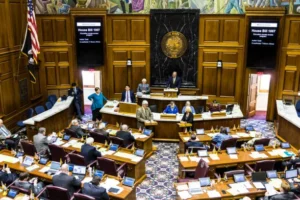The Thai court removed from office after judges ruled her leaked conversation with Cambodia’s Hun Sen violated the prime minister’s ethical standards. The Constitutional Court announced Friday that Paetongtarn, suspended since July 1, had placed personal interest above national duty during the disputed conversation.
Judges found her language, including calling Hun Sen “uncle” and criticising a senior Thai commander, undermined the nation’s credibility amid escalating conflict. Her removal makes her the 5th Prime Minister dismissed by Thai courts since 2008, highlighting the judiciary’s dominant role in politics.
The phone call recorded on June 15 occurred as Thailand and Cambodia exchanged deadly fire along their tense border region. The conflict later spiralled into five days of clashes that killed dozens and displaced thousands, ending only through Malaysia-brokered mediation.
Paetongtarn defended her remarks as a negotiating tactic to defuse violence but apologised to citizens who felt betrayed by her words. The court’s verdict represents another chapter in the turbulent legacy of the Shinawatra family, repeatedly targeted by legal and political interventions.
Paetongtarn rose to power in August 2024 as Thailand’s youngest prime minister, only serving one year before her dismissal. Her father, Thaksin Shinawatra, recently avoided prison in a separate lese majeste trial, though he continues facing legal issues linked to corruption.
Her aunt Yingluck Shinawatra was also removed in 2014 before a military coup toppled her administration and entrenched army-backed leadership for years. Paetongtarn uncle Somchai Wongswat briefly led the government in 2008 but was ousted by a judicial ruling, echoing today’s high-stakes dismissal.
The rulings deepen Thailand’s instability, as courts have repeatedly dissolved parties, disqualified lawmakers and removed elected governments during prolonged political confrontations.









